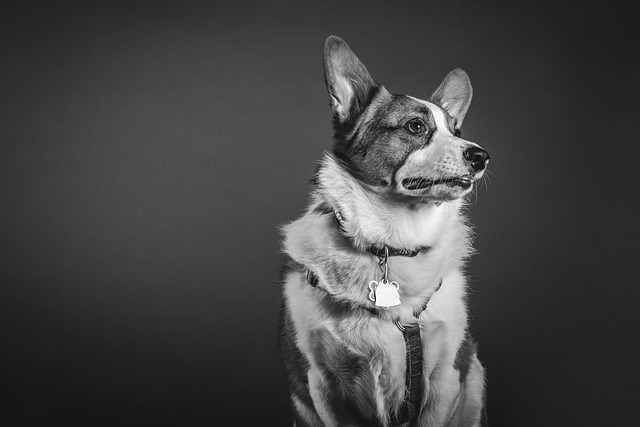
How to treat dogs with skin disease?
You might notice your dog scratching itself nonstop on the couch, or spot red, flaky patches on its belly after a walk in the park.
Watching your dog scratch until their skin turns raw is one of the hardest parts of pet parenthood. That constant itch, those red patches, the way they can’t settle—skin allergies in dogs feel like a never-ending battle. But here’s the truth: while many cases can’t be fully cured, they can be managed so well your pup might forget they ever had them.
Allergies in dogs usually stem from three main culprits: something in their food, like chicken or grains; environmental triggers such as pollen or dust mites; or even flea saliva, which is surprisingly common. Vets call this atopy, and it’s more about your dog’s immune system overreacting than anything else. The first step? A trip to the vet for a proper diagnosis—no guessing games here.
Food trials are a game-changer for suspected dietary allergies. Your vet might suggest a prescription diet with novel proteins—think venison or duck—that your dog hasn’t tried before. Stick to it strictly for 8-12 weeks, no sneaking table scraps (tempting as it is). Many owners swear by this; suddenly, the scratching eases, and their pup’s coat shines again.
 For environmental allergies, timing matters. Pollen counts spike in spring and fall, so limit walks during early mornings when levels are highest. Wipe their paws and belly with a damp cloth after outdoor time to remove allergens. Some vets recommend antihistamines or medicated shampoos—always check with them first, as human meds can be toxic to dogs.
For environmental allergies, timing matters. Pollen counts spike in spring and fall, so limit walks during early mornings when levels are highest. Wipe their paws and belly with a damp cloth after outdoor time to remove allergens. Some vets recommend antihistamines or medicated shampoos—always check with them first, as human meds can be toxic to dogs.
Flea prevention is non-negotiable, not just for your dog but for neighborhood harmony. Even one flea bite can set off a reaction in sensitive pups. Use vet-recommended treatments year-round; many areas have strict guidelines about controlling fleas to prevent infestations in shared spaces.
Consistency is key. Skipping a dose of medication or letting treats slide during a food trial can undo weeks of progress. Keep a journal to track flare-ups—note the weather, what they ate, where you walked. It’ll help you and your vet spot patterns, making management that much easier.
Remember, managing allergies is a team effort. Your vet might suggest allergy shots for severe cases, which can desensitize your dog over time. It’s not a quick fix, but many dogs respond beautifully. And don’t overlook the small wins: a day without scratching, a peaceful night’s sleep—those are worth celebrating.
Living with a dog with skin allergies means staying vigilant, but it’s so worth it. With the right care, your pup can run, play, and roll in the grass (within reason) without discomfort. They deserve that freedom—and you deserve to see them happy, not hurting.

You might notice your dog scratching itself nonstop on the couch, or spot red, flaky patches on its belly after a walk in the park.

I sat with my friend Jake on his Phoenix, Arizona patio last July, watching his 3-year-old English Bulldog, Stella, lie flat on the cool tile—tongue lolling, paws splayed

I sat with my friend Lila in her Chicago apartment last weekend, surrounded by grooming tools—slicker brush, rubber curry comb, and a half-empty bottle of shampoo

It’s a moment that might make any dog owner’s heart skip a beat: finding a tick attached to your dog’s eyelid. Yes, as unsettling as it sounds, ticks can and do latch onto this delicate area.

Most pet parents notice their dog’s wag or bark first—but their breathing tells a quiet, important story too. Catching respiratory issues early starts with knowing what’s “normal” for your pup, and spotting small shifts that might slip by.

I sat with my friend Zoe in her Denver apartment last week, watching her 18-month-old Pug, Gus, rub his face raw on the carpet—his eyes watery, paws pink from licking